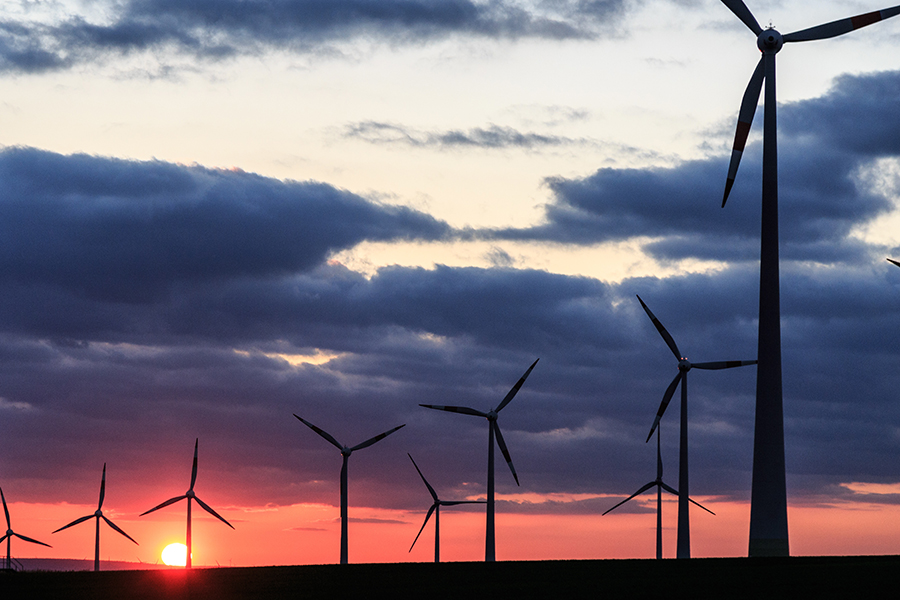The storage crisis in the energy sector, which has been a global challenge, appears to be hitting Nigeria very hard as the country is running out of storage for its Liquefied National Gas (LNG) output.
Nigeria, one of the world’s top LNG producers, has continued to send out tankers of LNG, even as demand slumped due to the coronavirus pandemic that has destabilized the global economy.
According to Bloomberg, a commodity tracking firm, Kpler, disclosed that about half of the world’s LNG vessels, currently deemed floating storage, are heavily loaded with Nigeria’s gas.
The energy crisis faced by Nigeria, one of the oldest and biggest suppliers of LNG to Europe, highlights the challenges that all other producers are facing in this coronavirus pandemic era, which primarily has to do with low demand and oversupply.
(READ MORE: Top 10 risks Nigerian businesses will face in 2020/2021 – Report )
As the global lockdown and restrictions, due to the coronavirus pandemic, forces demand to collapse, buyers who are obligated to take cargoes under long term contracts are postponing the delivery of the products they don’t have an immediate need for.

This is compounded by the extremely low prices which have forced traders to keep the LNG in terminal tanks, thereby creating the highest inventories at European import facilities.
The shutdown of factories and businesses, coupled with the restriction of movement, has triggered the historic low oil and gas demand globally. This has led to an increase in inventories.
According to the Managing Director for energy at Accenture Plc, Manas Satapathy, the longer LNG stays on the water, the more desperate cargo owners feel the need to offload. That’s because prices will probably only fall in the coming weeks and it costs money to keep LNG in tankers.
(READ MORE: Mining: FG inaugurates team to revive Ajaokuta Steel Company)
This is going to further compound the fiscal crisis faced by Nigeria, as the LNG has been a major source of revenue and foreign exchange earnings for the government. The gas firm has paid about $7 billion in taxes and about $15 billion as dividends to the government since it started operations about 20 years ago.
The Nigeria LNG, which has a liquefied natural gas plant on Bonny Island, was incorporated as a limited liability company on May 17, 1989. It was meant to produce natural gas liquids for export. It started production on September 11, 1999, and has 6 liquefied units producing 22 million tonnes per year of LNG. It is jointly owned by NNPC, Shell Gas B.V, Total LNG Nigeria Ltd, and Eni International.
The total cost of building 6 LNG trains was $9.348 billion.






















